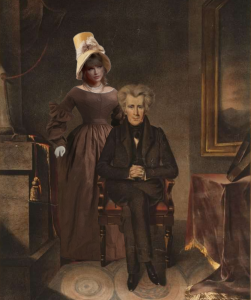It is hard for any individual to understand the totalitarian rule of a dictator. I would say it is equally as hard to separate the human from the politics. Andrew Croft attempts to explain the story behind the movement in his novella “Secrets of the Italian Gardener.”
Croft is a professional ghostwriter who has spent most of his career writing amongst dictators, politicians, arms dealers and billionaires.
He spent a large amount of his time in wild parts of Africa, Asia and the Middle East where controversy in politics and class structure played a big part in Croft’s world. He also spent time in parts of the world like Monaco, Geneva, Bermuda and the Caribbean residing in rich, guarded palaces where wealth was of no issue and the power was in the hands of so few.
The fictional story is written through the eyes of a ghostwriter who is hired to write for a wealthy dictator named Mo. Mo is a dictator in the chaotic Middle East and is desperate to write his version of his legacy as his empire is crashing around him during the Arab Spring.
The writer is constantly plagued with money struggles and his awareness of the unrest outside the palace walls. In such a stressful environment, the writer meets an Italian gardener named Lou. Lou seems to be the light of wisdom, peace and understanding. The gardener helps change the writer and his views of the tumultuous world he is encapsulated in.
“Secrets of the Italian Gardener” is an engaging, well-written story of the hidden walls of a dictatorship. The novella is a summation of power struggle in a country full of oppression, deception and an ever-changing world. Croft’s agent said that it is a “story about the vanity associated with the desire for power and possessions and ultimately about the cycle of birth, growth, death and rebirth.”
This short story shows the humanity behind the movement in a brilliant, thought-provoking way. The Arab Spring, for many of us, was just another event covered on the news. Croft’s story opens the palace doors and shows the grey area, rather than just the black and white, good and evil.
The story is well crafted in such a beautifully descriptive way with words of imagery and tales of right and wrong. The character structure is captivating. Croft begs the question: what really defines a historical legacy?
I encourage anyone who gets a chance to check out this short story. The garden is a new, refreshing look at the Arab Spring. There are many secrets to be found in the garden, maybe secrets you can even uncover about yourself.




